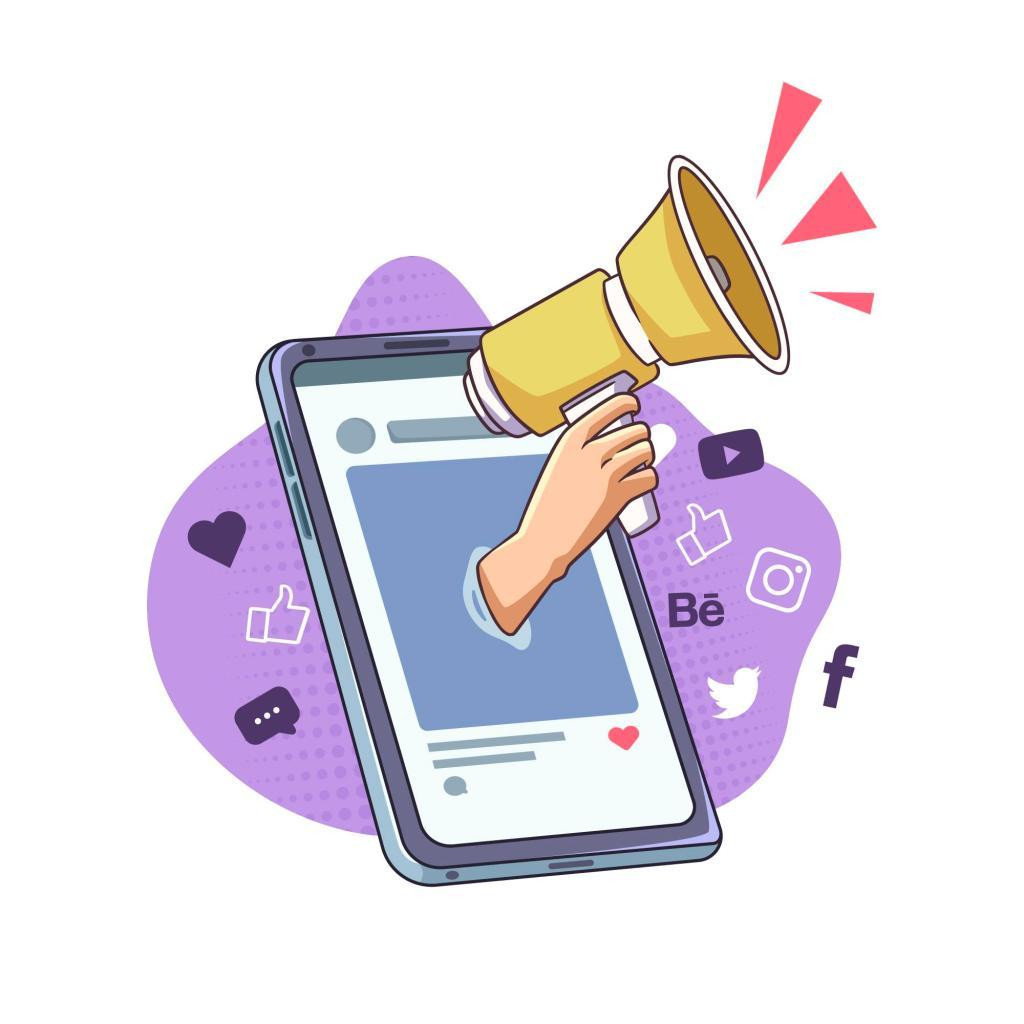The Power of Digital Marketing: Transforming Business in the Digital Age

In today’s interconnected world, digital marketing has become an indispensable tool for businesses seeking to reach and engage with their target audience. Unlike traditional marketing methods, digital marketing leverages the power of the internet and various digital platforms to create, deliver, and measure marketing campaigns in real-time. This blog explores the essence of digital marketing, its key components, and why it is crucial for modern businesses.
What is Digital Marketing?
Digital marketing refers to the use of digital channels and technologies to promote products, services, and brands. It encompasses a wide range of activities, including search engine optimization (SEO), content marketing, social media marketing, email marketing, pay-per-click (PPC) advertising, and more. The primary goal of digital marketing is to connect with consumers where they spend most of their time – online.
The Importance of Digital Marketing
- Global Reach: Digital marketing breaks geographical barriers, allowing businesses to reach a global audience. With the internet, even small businesses can market their products and services to customers worldwide.
- Cost-Effective: Compared to traditional marketing methods, digital marketing is often more affordable. Businesses can reach a larger audience at a fraction of the cost of TV, radio, or print advertising.
- Targeted Marketing: Digital marketing enables precise targeting. Businesses can tailor their messages to specific demographics, interests, and behaviors, ensuring that their marketing efforts are directed toward the most relevant audiences.
- Measurable Results: One of the biggest advantages of digital marketing is the ability to track and measure results in real-time. Businesses can analyze metrics such as website traffic, conversion rates, and engagement levels to refine their strategies and improve ROI.
- Enhanced Engagement: Digital platforms provide opportunities for two-way communication between businesses and consumers. Social media, blogs, and email marketing allow for direct interaction, fostering stronger relationships and customer loyalty.
Key Components of Digital Marketing
1. Search Engine Optimization (SEO)
SEO involves optimizing a website to rank higher in search engine results pages (SERPs). By improving visibility on search engines like Google, businesses can attract more organic (non-paid) traffic to their websites. Key SEO strategies include keyword research, on-page optimization, and building high-quality backlinks.
2. Content Marketing
Content marketing focuses on creating and distributing valuable, relevant, and consistent content to attract and retain a clearly defined audience. This can include blog posts, articles, videos, infographics, and more. Effective content marketing establishes a brand as an authority in its industry and drives customer engagement.
3. Social Media Marketing
Social media marketing involves using platforms like Facebook, Instagram, Twitter, LinkedIn, and others to promote products and services. It’s a powerful way to engage with customers, build brand awareness, and drive traffic to a website. Successful social media marketing requires creating compelling content, engaging with followers, and running targeted ad campaigns.
4. Email Marketing
Email marketing is a highly effective way to nurture leads and maintain customer relationships. By sending personalized and relevant emails, businesses can keep their audience informed about new products, special offers, and company news. Automation tools can help streamline email marketing campaigns and track their performance.
5. Pay-Per-Click (PPC) Advertising
PPC advertising involves paying a fee each time someone clicks on an ad. Google Ads is one of the most popular PPC platforms, allowing businesses to display ads on Google’s search results pages. PPC campaigns can deliver quick results and are highly measurable, making them an excellent choice for businesses looking to boost visibility and drive traffic.
6. Affiliate Marketing
Affiliate marketing is a performance-based strategy where businesses reward affiliates for driving traffic or sales through their marketing efforts. Affiliates promote products or services through their websites, blogs, or social media channels and earn a commission for each successful conversion.
Why Digital Marketing is Crucial for Modern Businesses
- Consumer Behavior: The majority of consumers research products and services online before making a purchase. Having a strong online presence is essential for businesses to capture these potential customers.
- Competitive Advantage: Many businesses are already leveraging digital marketing. To remain competitive, it’s vital to embrace digital strategies and continuously innovate.
- Adaptability: Digital marketing allows businesses to quickly adapt to market changes and consumer preferences. Campaigns can be adjusted in real-time based on performance data and feedback.
- Brand Building: Digital marketing helps build brand awareness and trust. Consistent online presence and engagement contribute to a positive brand image and customer loyalty.
- Data-Driven Decisions: Digital marketing provides access to vast amounts of data. Businesses can analyze this data to gain insights into consumer behavior, preferences, and trends, enabling them to make informed decisions.
Conclusion
Digital marketing has revolutionized the way businesses connect with their audiences. Its ability to reach a global audience, provide measurable results, and adapt to changing market conditions makes it an essential component of any successful marketing strategy. By embracing digital marketing, businesses can enhance their visibility, engage with customers, and drive growth in the digital age. Whether through SEO, content marketing, social media, or PPC advertising, the opportunities are vast and the potential for success is limitless.
Comments
Post a Comment